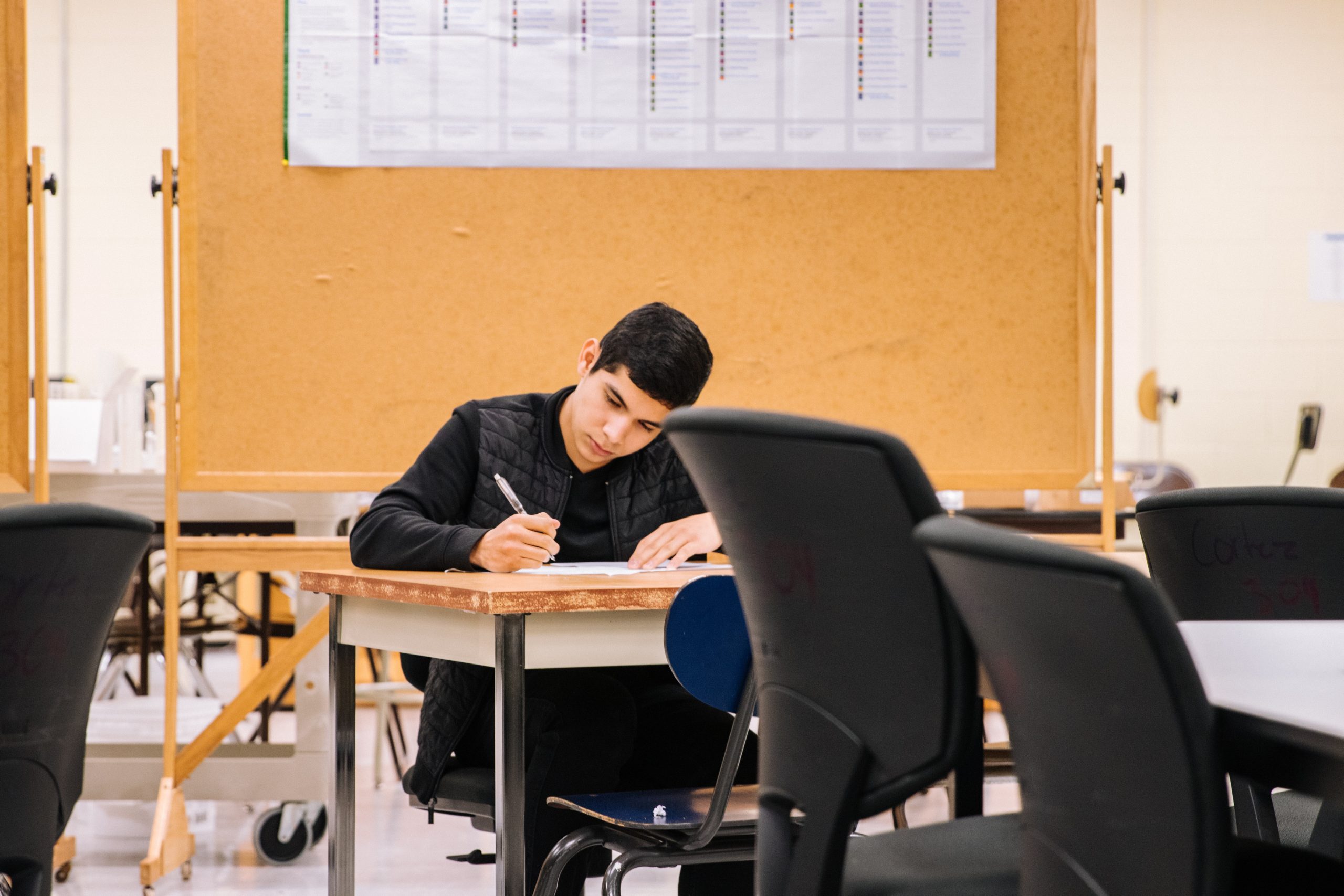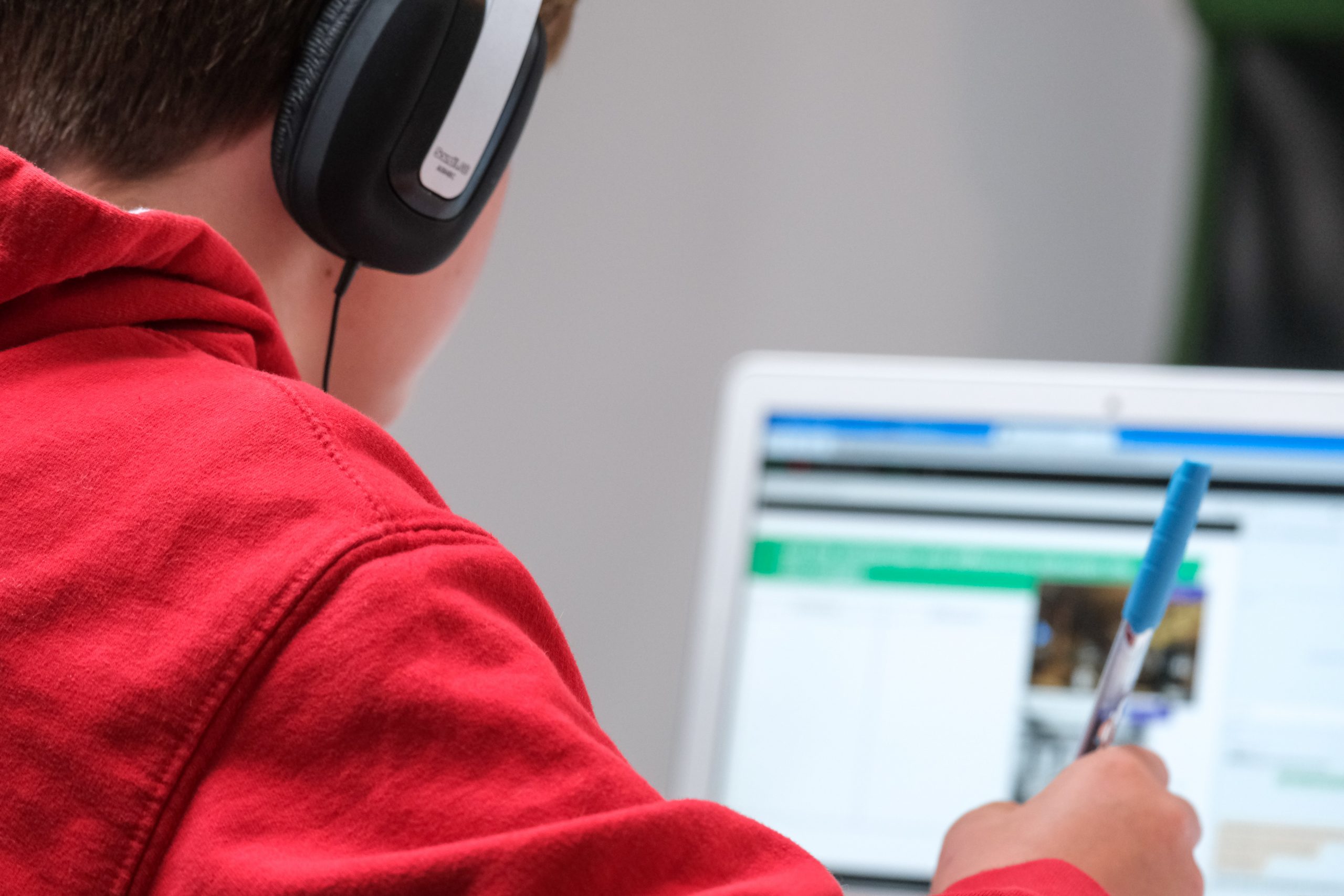For teachers in every classroom across the state, if not the whole country, adjusting to the new normal has been anything but easy. Statewide, school districts were required to submit their own reopening plans, in accordance with CDC and WHO guidelines.
Even in traditional classroom settings, students are facing new and unprecedented challenges. And it’s impacting their mental health, even leaving lasting trauma on their brains. How can educators adapt to such a disturbing reality?
Unique Struggles for Students with Learning Disabilities
For students, parents, and educators in public and charter Michigan schools, adjustment to this “new normal” may not have been easy, but students in these schooling systems have been adaptive. However, studies are beginning to show that one segment of the K-12 population has been left behind in the attempts to normalize remote learning and socially distant classrooms.
Education for students with learning challenges requires more specialized care than students in a conventional classroom. Helping students with learning disabilities, most notably those with auditory processing issues and ADD, takes time and effort that many public and charter school educators are unable to put in amidst the many changes.
Understanding the Collective Trauma
What’s more, scientific reports are increasingly emphasizing the long-haul impact of the coronavirus pandemic on young people’s mental health. Experts say that many children pick up on the melancholy climate around them and find it challenging to manage reactivity and arousal levels.
Many children in special education are highly sensitive and attuned to their caregivers’ moods. This means that they are especially vulnerable to mental health crises. Educators are not doctors, nor are they mental health professionals uniquely equipped to administer an ADD test to a hyperactive teen boy or a dyscalculia test to a young girl who routinely gets Ds on her math tests.
However, trauma-informed teaching during a prolonged traumatic event like a global pandemic is something every educator should be implementing. Thankfully, the Michigan Department of Health and Human Services (MDHHS) has shared a wealth of resources for the educator who wishes to include trauma-informed teaching in their curriculum.






